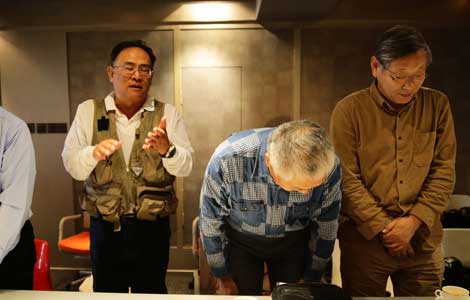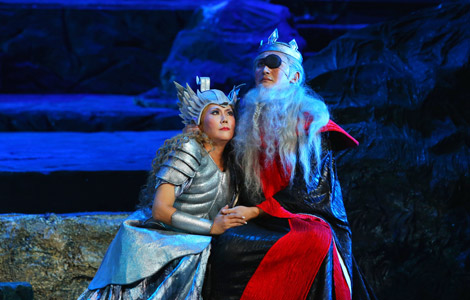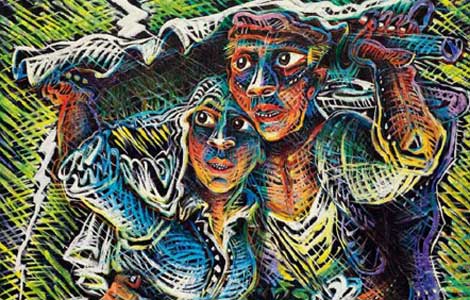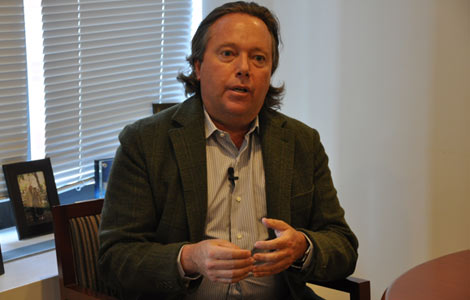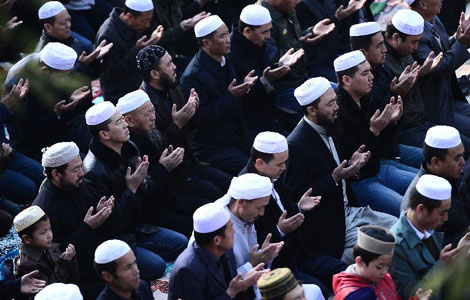Museums turn a blind eye
Updated: 2013-10-18 08:11
(China Daily USA)
|
||||||||
Fierce competition among Chinese museums, private institutions in particular, is fueling a new wave of tomb raiding, according to a leading historian.
Ni Fangliu, whose research has led him to make the acquaintance of some of China's most prominent collectors and many tomb raiders, said museums almost never turn down the chance to buy antiques, even those acquired through dubious means.
"The number of antiques passed down through the generations is set and unchangeable now. So you don't have to guess where 'new arrivals' on the antiques market come from."
The situation is at its worst in the richer museums in the southern and southeastern parts of the country, said Ni.
"If someone carrying a stolen antique knocks at the door, collectors are required by law to report him, or at least turn him down. But this rarely happens," he said.
"The thing is, if you say no, someone else will say yes. And ultimately, you will accomplish nothing, except to cut off your own supply line."
Public museums must also bear their share of the blame.
"Public museums are rated on the basis of their collections, and the ratings largely decide the amount of government funding they receive," said Ni. "So, if an antique of real significance turns up, even a public museum may not have the heart to say no."
Ni refuted the idea that the museums may have no notion of the provenance of their purchases. "It's not possible, because the origins of an antique are an inherent part of its value," he said.
"The word 'raided' is never uttered, but it provides a less than desirable backstory to every deal."
- Zhao Xu
(China Daily USA 10/18/2013 page6)
Most Viewed
Editor's Picks
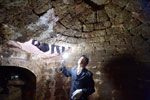
|
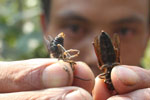
|

|

|

|

|
Today's Top News
US not budging on its arms restrictions on China
China's GDP rises 7.8% in Q3
China warns of emerging markets' slowing demand
Roche boosted by strong drug sales in US, China
IBM's China-driven slump sparks executive shakeup
Can cranberries catch on in China?
Asia-Pacific pays executives world's highest salaries
US debt deal a temporary fix
US Weekly

|

|

